Filter by
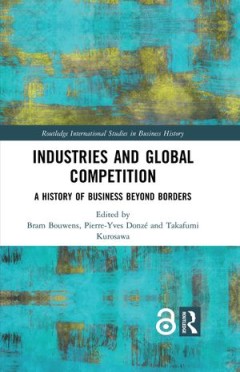
Industries and Global Competition : A History of Business Beyond Borders
Changes in the dynamics of economic activities since the last decades of the 20th century have yielded major changes in the composition of industries and the division of labor and production across different regions of the world. Despite these shifts in the global economy, some industries have remained competitive even without relocating their operations overseas. Industries and Global Competit…
- Edition
- -
- ISBN/ISSN
- -
- Collation
- -
- Series Title
- -
- Call Number
- 650
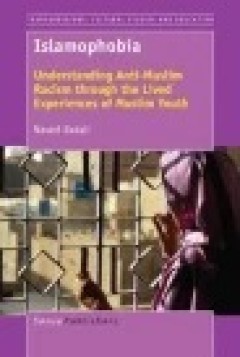
Islamophobia: Understanding Anti-Muslim Racism through the Lived Experiences …
The 9/11 terror attacks and the ensuing War on Terror have profoundly impacted Muslim communities across North America. Islamophobia: Understanding Anti-Muslim Racism through the Lived Experiences of Muslim Youth is a timely exploration of the experiences of young Canadian Muslims and the challenges they have encountered since 9/11. Through framing anti-Muslim racism, or ‘Islamophobia’, fro…
- Edition
- -
- ISBN/ISSN
- 978-94-6300-779-5
- Collation
- -
- Series Title
- -
- Call Number
- -
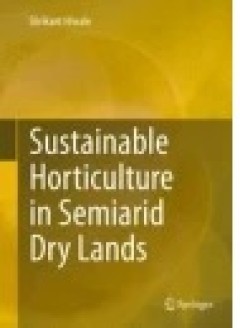
Sustainable Horticulture in Semiarid Dry Lands
This book discusses ways of increasing production/unit area by making full use of the soil and water under the harsh climatic conditions of semiarid areas. This leads to improved sustainability, increased availability of fresh produce, which is vital for human health and higher incomes for small and marginal farmers. Arid and semiarid areas account for almost 70 per cent of the total cropped ar…
- Edition
- -
- ISBN/ISSN
- 978-81-322-2244-6
- Collation
- XXXIV, 393
- Series Title
- -
- Call Number
- -
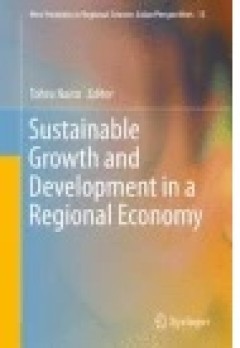
Sustainable Growth and Development in a Regional Economy
This is the first book to provide readers with a theoretical and empirical analysis of sustainable economic growth in Asian countries. Recently, most Asian countries have achieved rapid economic growth and their existence cannot be ignored in the world economy. However, these countries now face the serious problems that have confronted more developed countries such as environmental problems, so…
- Edition
- -
- ISBN/ISSN
- 978-4-431-55294-9
- Collation
- XIII, 275
- Series Title
- New Frontiers in Regional Science: Asian Perspectives
- Call Number
- -
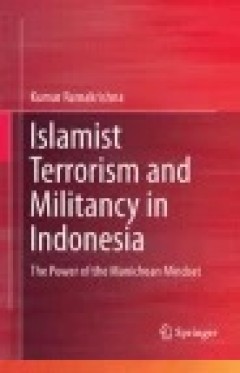
Islamist Terrorism and Militancy in Indonesia: The Power of the Manichean Min…
Drawing upon insights from the natural and social sciences, this book puts forth a provocative new argument that the violent Islamist threat in Indonesia today derives its stubborn resilience from being in essence a complex, adaptive and self-organizing system – or what some specialists might even call a super-organism. The book challenges the popular assumption that ideology is the root caus…
- Edition
- -
- ISBN/ISSN
- 978-981-287-194-7
- Collation
- -
- Series Title
- -
- Call Number
- -
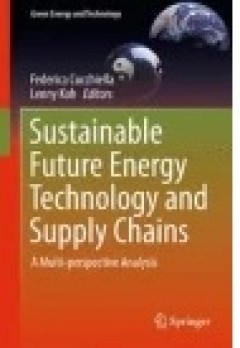
Sustainable Future Energy Technology and Supply Chains
This book provides a valuable resource for anyone who wishes to understand how sustainable use of energy can lead to increased efficiency of industrial supply chains and improved financial profitability. The book is organized around real examples and case studies that can be applied to real-world problems. Furthermore, insight is provided by an international panel of contributors, and the book …
- Edition
- -
- ISBN/ISSN
- 978-3-319-02696-1
- Collation
- X, 170
- Series Title
- Green Energy and Technology
- Call Number
- -
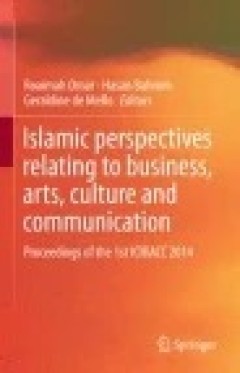
Islamic perspectives relating to business, arts, culture and communication: P…
This timely book explores how the Malays and Muslims in general are faced with challenges in the fields of business, economy and politics, in the modern era of globalisation. These research findings can help the Muslim community to enhance international integration, particularly in Malaysia and Southeast Asia. In this work, scholarly and expert authors explore Islamic perspectives on communi…
- Edition
- -
- ISBN/ISSN
- 978-981-287-429-0
- Collation
- -
- Series Title
- -
- Call Number
- -
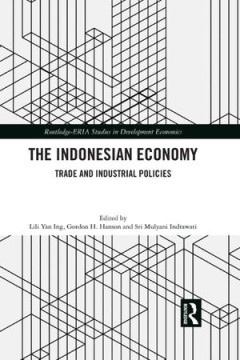
The Indonesian Economy :Trade and Industrial Policies
Against the backdrop of growing anti-globalisation sentiments and increasing fragmentation of the production process across countries, this book addresses how the Indonesian economy should respond and how Indonesia should shape its trade and industrial policies in this new world trade environment. The book introduces evaluation not on tariffs but on new trade instruments such as non-tariff meas…
- Edition
- -
- ISBN/ISSN
- -
- Collation
- -
- Series Title
- -
- Call Number
- 650
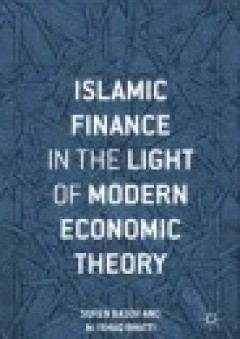
Islamic Finance in the Light of Modern Economic Theory
This book provides researchers and students with an understanding of the basic legal tenets of the Islamic finance industry, studying the real economic effects of those tenets using the tools of the modern economic theory. Split into four parts, the book begins with an introduction to the history and a legal framework for Islamic banking, covering typical Islamic financial products such as Suku…
- Edition
- -
- ISBN/ISSN
- 978-1-137-28662-8
- Collation
- -
- Series Title
- -
- Call Number
- -
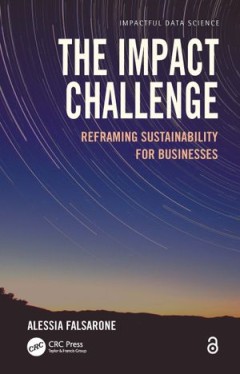
The Impact Challenge : Reframing Sustainability for Businesses
This book explores the role of businesses in delivering positive societal and financial outcomes as they seek to bridge the gap between short-term organizational behaviors and long-range sustainability commitments. By addressing the inevitable data challenges associated with the strategic integration of a sustainability mindset, it enables faster adoption of social, environmental and governance…
- Edition
- -
- ISBN/ISSN
- 9781000562859
- Collation
- -
- Series Title
- -
- Call Number
- 650
 Computer Science, Information & General Works
Computer Science, Information & General Works  Philosophy & Psychology
Philosophy & Psychology  Religion
Religion  Social Sciences
Social Sciences  Language
Language  Pure Science
Pure Science  Applied Sciences
Applied Sciences  Art & Recreation
Art & Recreation  Literature
Literature  History & Geography
History & Geography